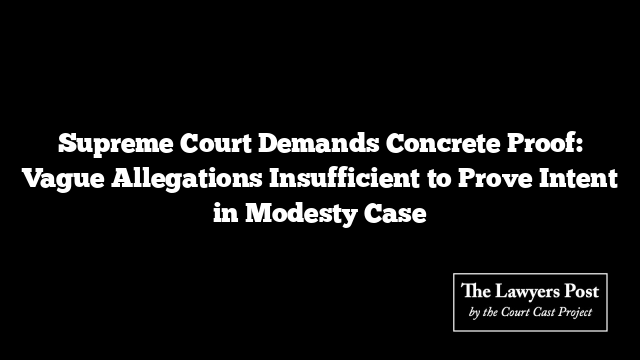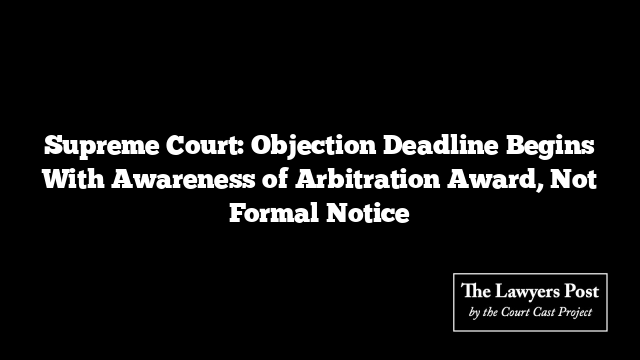The Supreme Court recently emphasized that for a charge under Section 354 of the Indian Penal Code (IPC)—pertaining to assault or criminal force with the intent to outrage a woman’s modesty—clear evidence of intent (mens rea) is essential. Merely presenting vague or unsupported claims is insufficient to sustain such accusations.
A bench comprising Justices Sanjay Karol and C.T. Ravikumar underscored that criminal force must not only be evident but also accompanied by a demonstrable intention to violate a woman’s modesty. They noted that courts, while avoiding “mini-trials” at the preliminary stage, must still assess whether the allegations meet the statutory threshold.
The Case in Focus
The matter involved a dispute between two directors of a business enterprise, where one accused the other of inappropriate workplace behavior, leading to charges under Sections 354 and 506 of the IPC. The appellant sought relief from the High Court, which declined, citing its inability to deeply scrutinize facts at an early stage. The appellant then approached the Supreme Court.
After examining the evidence, including the FIR and respondent’s statements, the Supreme Court found no substantive proof of criminal intent or force that could establish an offense under Section 354.
Key Observations
The Court clarified that:
- Mens Rea Requires Evidence: Vague statements or unsupported claims cannot establish the necessary intent for Section 354 IPC.
- Defining Modesty: While criminal force is explicitly defined under the IPC, the concept of modesty remains context-dependent.
- Criminal Intimidation Standards: For an offense under Section 506, the accused’s intention to instill fear must be backed by tangible evidence.
The judgment also reiterated the principles guiding the quashing of criminal proceedings. Referring to precedents like State of Haryana v. Bhajan Lal, the Court stated that cases lacking substantive evidence or involving abuse of judicial process warrant dismissal.
Verdict
Concluding that the charges against the appellant were baseless, the Supreme Court quashed the proceedings, setting aside the High Court’s earlier decision. This ruling reinforces the need for concrete evidence when alleging serious criminal offenses.





